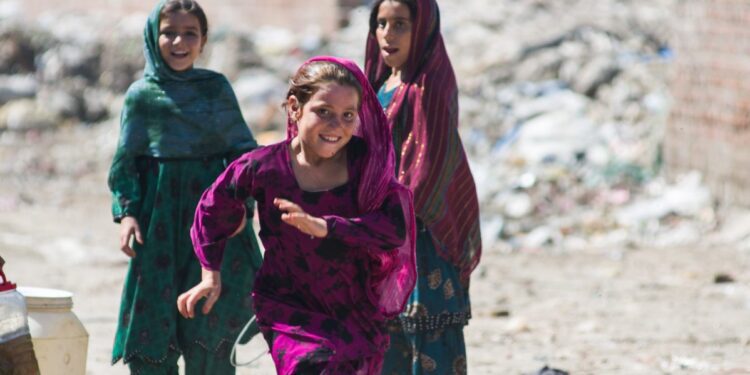As the United States gears up for its 2024 presidential election, the echoes of the Afghanistan withdrawal continue to reverberate through the political landscape. However, amidst the partisan debates and campaign rhetoric, an important perspective is often overlooked: the refugees’ voices. Afghan individuals who fled their homeland during the chaotic US troop withdrawal in August 2021 are now seeking to make their concerns heard in the American political arena. Their stories, needs, and aspirations form a crucial part of the ongoing narrative surrounding US foreign policy and immigration.
The Afghanistan Withdrawal: A Political Flashpoint
Three years have passed since the last American soldiers left Afghan soil, marking the end of a two-decade military presence that began with the overthrow of the Taliban government in 2001. The withdrawal, characterized by its hasty execution and the swift return of Taliban rule, has become a source of bipartisan criticism and a prominent talking point in the 2024 presidential race.
Both major political parties have utilized the withdrawal as a means to criticize their opponents. Republicans, led by former President Donald Trump, have lambasted the Biden administration for what they perceive as a mishandled exit strategy. Democrats, on the other hand, defend their actions while pointing to the agreement made by the Trump administration with the Taliban in 2020, which set the stage for the withdrawal.
Refugees’ Voices: Unheard Amid Political Clamor
While politicians exchange blame, Afghan refugees like Nasrin and Nazanin emphasize that their perspective is being drowned out in the election-year sparring. These individuals, who have firsthand experience of the consequences of US policy in Afghanistan, stress that the election’s outcome will have far-reaching implications not only for America but also for Afghans both in the United States and those still in Afghanistan.
Advocacy groups such as Afghans for a Better Tomorrow have been tirelessly pushing for expanded immigration pathways for those fleeing Taliban rule. Their efforts include calls for an increase in special visas for Afghans who worked directly with the US and avenues to permanent residency for other evacuees. However, progress on these fronts has been limited, leaving many Afghans in a state of perpetual uncertainty.
Challenges and Opportunities in the Political Landscape
The issue of Afghan refugees presents both challenges and opportunities for presidential candidates. On one hand, the deep partisan divide over immigration policy has created obstacles for legislation like the Afghan Adjustment Act, which would provide a pathway to permanent residency for many evacuees. Republicans have generally opposed increasing immigration, while Democrats have been cautious about appearing too lenient on the issue.
On the other hand, advocates argue that supporting Afghan refugees could be a political opportunity, particularly in swing states with significant veteran populations. Many veterans’ groups strongly support increased immigration pathways for Afghans who worked alongside US forces, viewing it as a matter of honor and commitment to allies.
As the 2024 US presidential election approaches, the importance of including refugees’ voices in the national conversation cannot be overstated. Afghan-Americans, refugees, and their supporters are calling for candidates who will prioritize women’s rights, immigrant rights, and honor the United States’ commitments to its allies. By addressing these concerns, presidential hopefuls have the opportunity to not only support a vulnerable population but also to reinforce America’s standing as a global leader in providing refuge to those in need. The coming months will reveal whether these voices will be heard and heeded in the corridors of power.
Related News
















